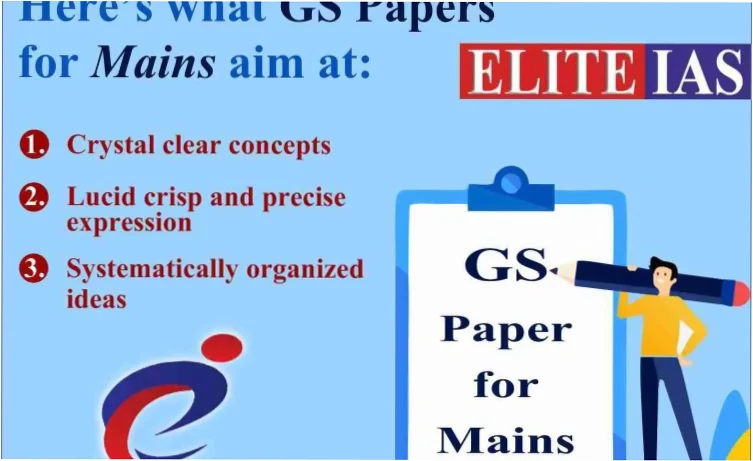
A selective reading, of course, is indispensable when it comes to prepare for the Interview. UPSC simply scrutinizes your complete personality when you face the Interview. It’s, as if your entire personality is to be analyzed under a microscope. Thus, it’s not for no reason that CSE Interview conducted by UPSC is also known as the Personality Test.
What does the Interview actually aim at?
The UPSC CSE Interview aka Personality Test aims at selecting the best of the candidates for various cadres including IAS that you have been aiming to join. UPSC has already tested your knowledge by means of the Prelims and the Mains. Thus, during the Interview, the questions might vary depending upon what UPSC finds suitable to ask in order to assess your personality.
Why Prepare for the Interview?
A great many of the IAS aspirants are of the opinion that as no candidate can ever be sure of what UPSC might ask in the Interview, there is no point in preparing for the same. However, the truth is that just like preparing for the Prelims and the Mains, preparation for the Interview also serves to enhance your confidence and widen the scope for scoring higher in the Personality Test.
What to Read to Prepare for the Interview?
As you are aware that UPSC aims at scrutinizing your personality rather than the knowledge, you should prepare accordingly. Given below is a brief description of the subjects, reading what would help make your answers more confident and logically convincing during the Interview:
1. Current Affairs
It’s highly advisable to read The Hindu regularly even if you have qualified the Prelims and cleared the Mains successfully. A regularly updated knowledge of the Current Affairs widens the perspectives that you usually opt for perceiving the significant changes in the developments taking place at the various platforms including socio-political, economic etc.
Thus, when you get a wider outlook, you also gain an analytical insight into what goes around with an unbiased approach. And UPSC looks for the alert, aware and unprejudiced individuals for they make good administrators.
2. Important judgments that might have played a significant role in transforming India
It’s important to stay alert and aware of the Judgments by the Honourable Supreme Court concerning the freedom of speech and expression,DPSP i.e., the Directive Principles of State Policy of India, re-promulgation of ordinances etc.
It’s advisable to support your answers citing the SC judgments. These observations are not likely to be refuted easily by anybody, specifically UPSC.
3. Your DAF matters the most:
The details that you provide UPSC with in your DAF set the tone for the entire Interview. So, be sure of what you fill in. Anything important related to your hometown, the meaning of your name (if there is any), or if you share your first name with a famous personality, your hobby…..your DAF reveals your personality to a great extent.
Articles To Read
How to read The Hindu Effectively in Order to Clear the IAS Exam?
Life, Role and Responsibilities of an IAS Officer
Classroom Coaching Fees Structure For IAS In Delhi
How To Clear The Ias Exam In The Very First Attempt Itself
How to Study Effectively: 5 Study Methods to Learn Fast

